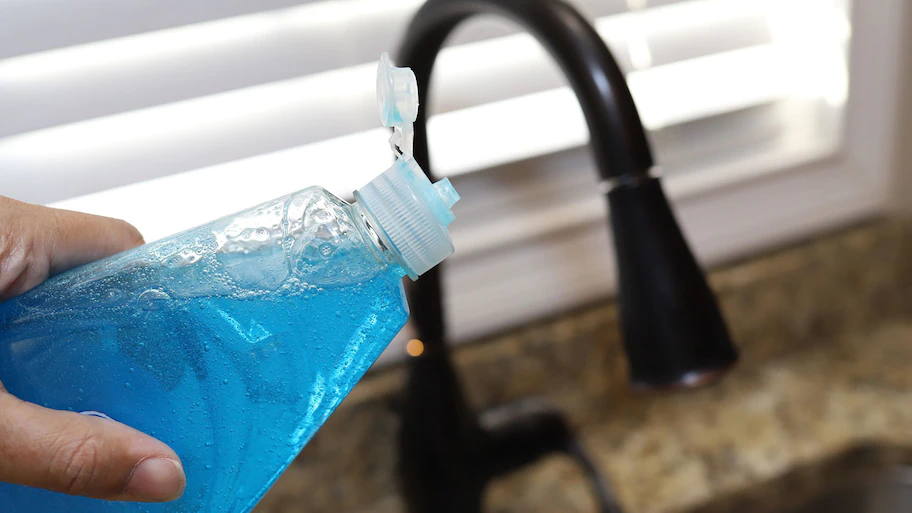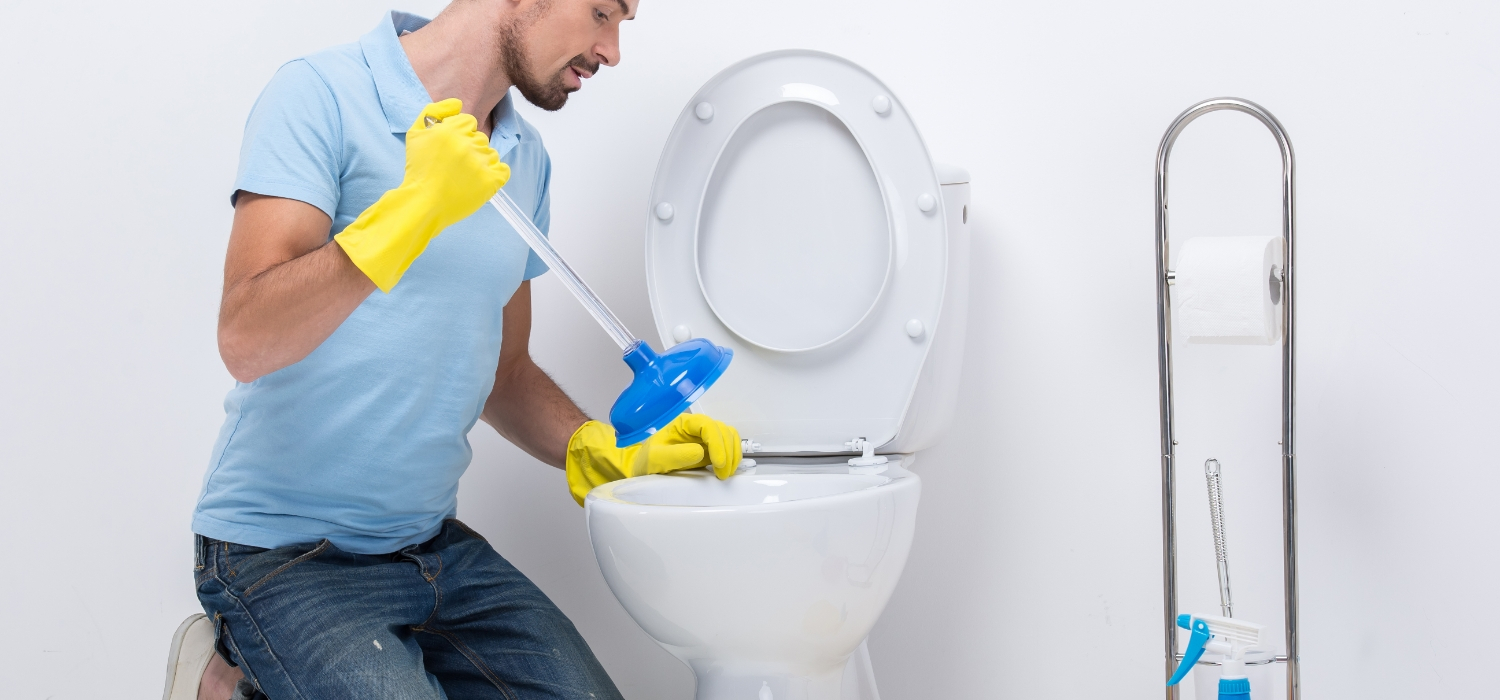Advice for Handling a Blocked Drain Prior to Contacting Experts
Advice for Handling a Blocked Drain Prior to Contacting Experts
Blog Article
The publisher is making a number of great annotation relating to What I learned from trying to deal with a clogged drain in general in this great article beneath.

Intro
Managing an obstructed drain can be a frustrating experience, disrupting day-to-day activities and potentially creating damages to your building. However, before reaching out to pipes experts, there are steps you can take to address the concern on your own. In this overview, we'll explore do it yourself services and safety nets to take on a blocked drainpipe effectively.
Identifying the Concern
The primary step in addressing a blocked drainpipe is acknowledging the indicators. Sluggish drainage, gurgling audios, foul odors originating from drains pipes, or water support up prevail indications of a blocked drain. Identifying these signs early can help avoid even more problems.
Typical Root Causes Of Obstructed Drainpipes
Comprehending the elements that contribute to drain obstructions is essential for effective resolution. Typical culprits consist of hair, soap scum, oil, food debris, and foreign objects like sanitary products or paper towels. Tree roots getting into below ground pipes can also cause considerable clogs.
DIY Solutions
For minor obstructions, a number of DIY options can be reliable. Putting boiling thin down the drainpipe can aid liquify oil and particles. Baking soda and vinegar or a combination of salt and cooking soda can work as all-natural cleansers. Utilizing a bettor or pipes snake to dislodge obstructions is an additional choice.
Tools and Tools
Having the right devices on hand can make do it yourself drain cleaning a lot more efficient. A bettor is a flexible device for clearing clogs in sinks, commodes, and showers. A pipes serpent or auger can reach deeper blockages, while drain cleaning chemicals can be used very carefully for stubborn clogs.
Safety nets
To stay clear of future obstructions, adopting safety nets is crucial. Install drainpipe guards or filters to capture hair and particles before they get in the pipes. Consistently flush drains pipes with hot water to dissolve grease build-up, and stay clear of getting rid of oil or strong waste away.
When to Call a Professional
While DIY remedies can settle minor blockages, certain indicators show the requirement for specialist assistance. Persistent clogs, foul odors despite cleansing initiatives, or several drains supporting concurrently are red flags that necessitate expert treatment.
Selecting the Right Pipes Solution
When picking a plumbing solution, think about elements such as experience, licensing, and customer evaluations. Select a trusted plumber with a performance history of quality workmanship and clear rates techniques.
Expense Factors to consider
The expense of specialist drain cleaning services can vary depending upon the intensity of the clog and the plumber's rates. Request quotes from multiple carriers and inquire about any service charges to make sure openness and avoid shocks.
Security Measures
When attempting DIY drain cleansing, focus on security. Wear safety handwear covers and glasses to stay clear of contact with harmful chemicals or bacteria. Never ever blend different drainpipe cleansing items, as this can generate unsafe fumes.
Instance Researches
Real-life examples illustrate the effectiveness of DIY services and the importance of prompt specialist intervention in dealing with drain clogs.
Conclusion
By complying with the tips described in this overview, you can successfully take on blocked drains and prevent future pipes concerns. Whether opting for DIY options or looking for expert support, timely action is vital to preserving a healthy plumbing system and protecting the stability of your home.
10 TIPS TO CLEAR ANY BLOCKED DRAIN
SIGNS OF A BLOCKED DRAIN
Blocked drains can be a source of property damage and health problems for people and pets. The early warning signs of a blocked drain are:
Overflowing
You’re probably quite used to everything flowing down your drain. As a result, it’s quite alarming seeing water spill back up. If your drain is overflowing, that means you’re facing a blockage.
Gurgling sounds
Gurgling sounds indicate that the water is pooling and pushing against the pipe. If you experience this, it’s often the case that a blockage is a problem.
Slow draining
When emptying your sink or taking a shower, you might notice that the water pools for longer than expected. Usually, the problem worsens rather than getting better by itself, which suggests that the blockage is growing larger.
CAUSES OF A BLOCKED DRAIN
Although most people use their drains appropriately, it’s quite easy to make mistakes. Occasionally, everyday use results in blocked drains too. Common causes include:
Tree roots
Tree roots won’t be the cause of local drain blockages, but they can disrupt your main sewage system. The root keeps growing until it breaches the pipe and causes a blockage.
Toiletries
Although toiletries are essential, some can cause drain blockages. For example, nappies, baby wipes and sanitary products should not be flushed down the toilet.
Foreign objects
When you have kids, there’s always a risk they’ll flush something unusual down the toilet. Toys and other foreign objects become lodged in the u-bend, resulting in a blockage.
Mineral Buildup
When minerals such as calcium build up in your pipes, this causes constriction. Although this may not cause a blockage on its own, it does make it easier for other types of blockages to form.
Soap
Although liquid soap may not cause drain blockages, solid soap bars can get lodged within pipes until they eventually break down. One way to stop this from happening is to use a mesh wire guard to cover plug holes.
Natural Debris
Natural debris can fall into your outdoor drains, especially when you don’t use gutter guards. This usually means leaves and twigs, although it can include dirt and grit too.
HOW TO CLEAR A BLOCKED DRAIN
Boiling water
Boiling water is useful for tackling blocked drains caused by grease, conditioner, and some other kinds of toiletries. This is because these substances have a low melting point, and the extreme heat helps to break them up. Boil a kettle with water and pour it down the drain to shift the blockage.
Natural cleaners
You can use some natural cleaners to create a fizzing effect that breaks drain blockages apart. Try pouring hot water down the drain, then follow it with one cup of bicarbonate of soda and a cup of vinegar. Leave it for ten minutes, then chase it with more hot water. A combination of the hot water and the natural cleaner mixture can break blockages up.
Caustic cleaners
Some stores sell caustic cleaners that take stronger action against drain blockages. It dissolves grease, fat, and oils, making it ideal for tougher blockages. Always follow the instructions on the packaging and ventilate the room before starting.
Plungers
As a simple yet effective tool, plungers can help to dislodge local blockages. They work by forming a seal around the plug hole, followed by a vacuum effect that removes the blockage.
DIY drain snake
You can make a DIY drain snake out of any thin metal wire, such as a coat hanger. Leave a hook at the end of the snake and insert it into the plughole. Try using it to fish out local blockages made of hair. This approach is most effective in showers.
https://preciseservices.com.au/10-tips-to-clear-any-blocked-drain/

Do you enjoy more info about 8 Tips For Clearing A Blocked Drain? Put feedback further down. We will be delighted to find out your views about this posting. In hopes to see you back again soon. Are you aware of anybody else who is serious about ? Do not hesitate to share it. Thanks a bunch for your time. Please come by our website back soon.
Call Report this page